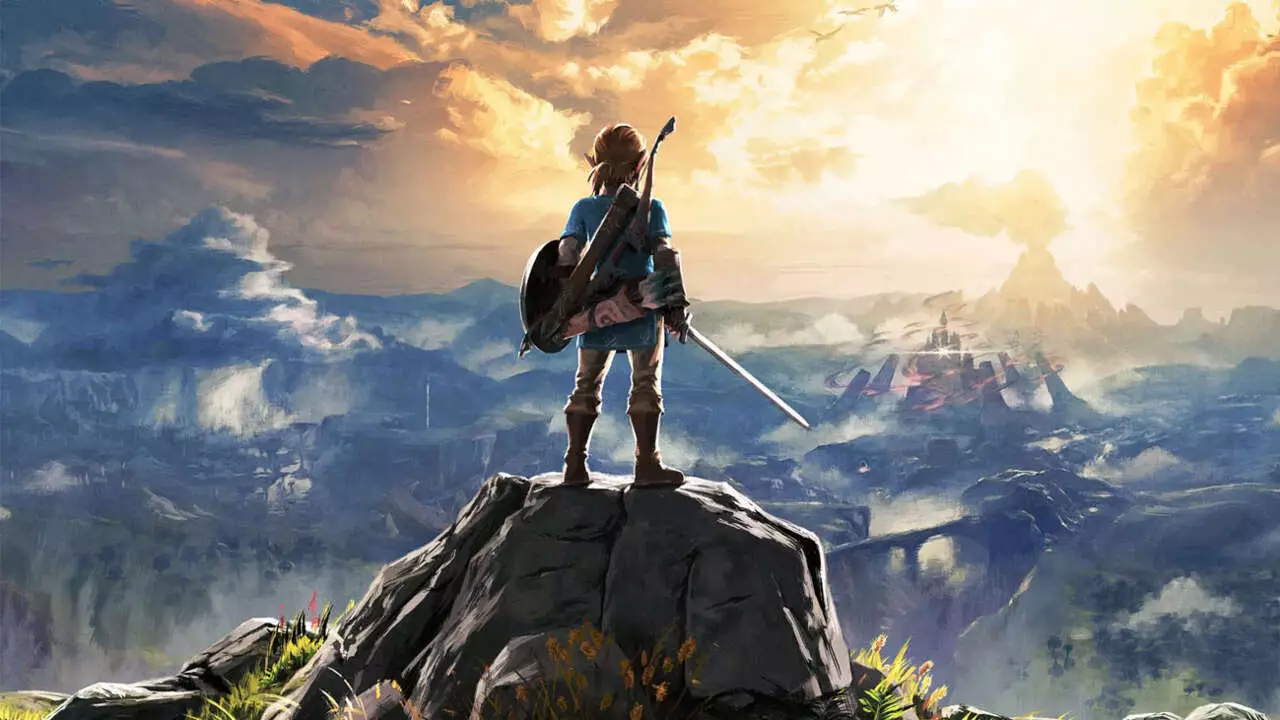In recent times, fan projects surrounding popular franchises have gained traction, capturing the imagination of both creators and audiences alike. One such endeavor was the Kickstarter campaign initiated by director and actor Chris Carpenter, who sought to craft a fan film based on the iconic video game series, Legend of Zelda. The project, aptly titled “Lost in Hyrule,” aimed to expand on the beloved narrative of Link, positioning it chronologically after the events of “Ocarina of Time” and “Majora’s Mask.” With nearly $24,000 pledged, Carpenter’s venture appeared to be an exciting testament to grassroots creativity in the gaming community.
However, the enthusiasm surrounding the campaign quickly turned to disappointment. Renowned for its stringent protection of intellectual property rights, Nintendo wasted little time in asserting itself following the campaign’s launch. The company is notorious for its zero-tolerance policy towards any projects that dabble too closely to its franchises, leading to an inevitable confrontation. The timely intervention by Nintendo led to the suspension of the Kickstarter campaign, effectively putting the brakes on Carpenter’s creative aspirations and the supporters who had rallied behind the project.
The fallout was swift. Dio Traverso, one of the producers of “Lost in Hyrule,” confirmed the suspension via an update on the Kickstarter page, stating clearly that no funds would be collected from supporters. The transparency shown by the project’s collaborators was commendable; they expressed gratitude to those who had invested their faith and resources into what promised to be a thrilling cinematic experience. Nevertheless, the abrupt end to the project was a stark reminder of the precarious nature of fan endeavors in the realm of established intellectual properties.
Carpenter’s dream of embodying Link alongside cast member Avi Lake as Princess Zelda ultimately serves as a cautionary tale for other aspiring creators. While crowdfunding platforms like Kickstarter offer a refuge for innovative ideas, they also expose creators to potential legal challenges from powerhouse corporations that hold the rights to beloved franchises. Nintendo’s aggressive legal stance illustrates the risks involved when traversing the fine line between homage and infringement.
This incident raises significant questions about the viability and sustainability of fan-created content in an era where corporate interests often overshadow artistic passion. Fans must grapple with the reality that their tributes—no matter how reverent—could quickly be extinguished by the very entities that sparked their love for the original material. Ultimately, Carpenter’s ill-fated attempt to bring “Lost in Hyrule” to life invites further reflection on how we can balance respect for intellectual properties while fostering an environment where fan creativity flourishes.

